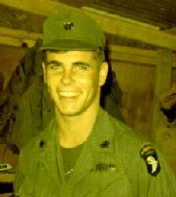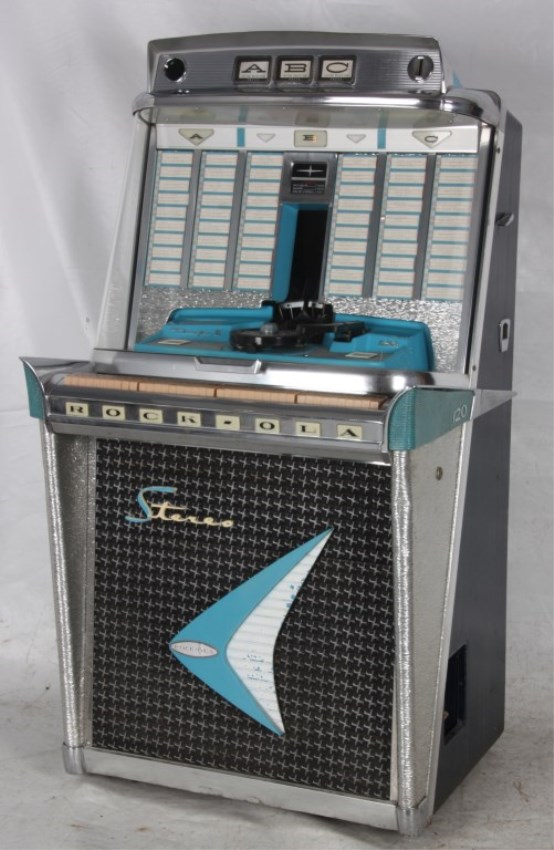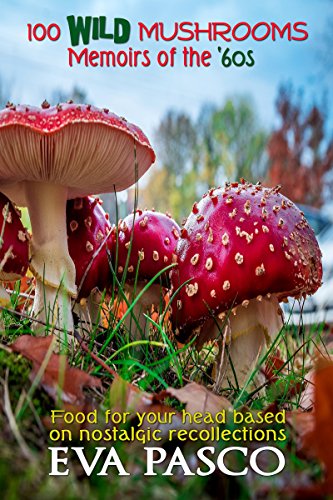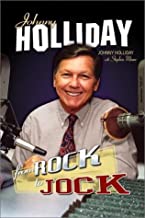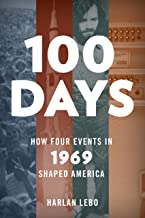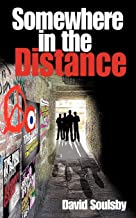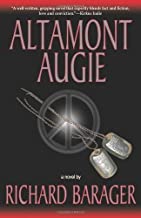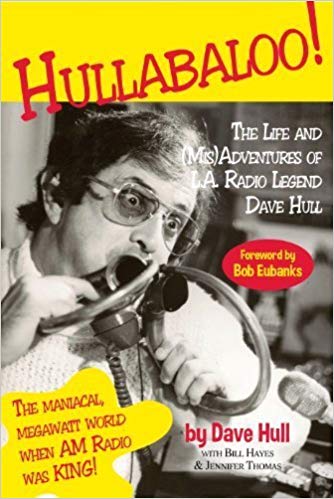The 60s Official Site
Where Music is Our Middle Name
Quick Links
Your Daily Oldies Fix Top Ten Countdown Soundtrack of the 60s Solid Gold Memories Jukebox Music More Jukebox Music
Vibration of a Nation Television of the 50s & 60s Remember When Do You Remember These 60s Slang
Things You Just Don't Hear Anymore 60s TV Commercials Chickenman Episodes Woodstock
All the content menu is listed on the left menu border bar
The Mod Squad is an American crime drama series that ran on ABC from September 24, 1968 to August 23, 1973. It starred Michael Cole as Peter "Pete" Cochran, Peggy Lipton as Julie Barnes, Clarence Williams III as Lincoln "Linc" Hayes, and Tige Andrews as Captain Adam Greer. The executive producers of the series were Aaron Spelling and Danny Thomas. The iconic counterculture police series earned six Emmy Award nominations, four Golden Globe nominations plus one win for Peggy Lipton, one Directors Guild of America Award, and four Logies. In 1997, a 1970 episode "Mother of Sorrow" was ranked #95 on TV Guide's 100 Greatest Episodes of All Time.
The concept was to take three rebellious, disaffected young social outcasts and convince them to work as unarmed undercover detectives as an alternative to being incarcerated themselves. Their youthful, hippie personas would enable them to get close to the criminals they investigated. "The times are changing," said Captain Greer. "They can get into places we can't." Examples included infiltrations of a high school to solve a teacher's murder, of an underground newspaper to find a bomber, and of an acting class to look for a strangler who was preying on blonde actresses. More than a year before the release of the film Easy Rider, The Mod Squad was one of the earliest attempts to deal with the counterculture. Groundbreaking in the realm of socially relevant drama, it dealt with issues such as abortion, domestic violence, student protest, child neglect, illiteracy, slumlords, the anti-war movement, soldiers returning from Vietnam, racism, and the illegal drug trade. Spelling intended the show to be about the characters's relationships and promised that the Squad "would never arrest kids...or carry a gun or use one." The show was loosely based on creator Bud "Buddy" Ruskin's experiences in the late 1950s as a squad leader for young undercover narcotics cops, though it took almost 10 years after he wrote a script for the idea to be given the greenlight by ABC Television Studios |
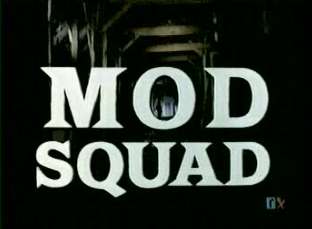
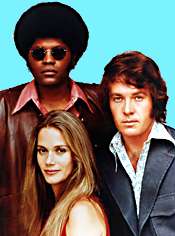 They were The Mod Squad ("One black, one white, one blonde"), the hippest and first young
undercover cops on TV. Each of these characters represented mainstream culture's principal fears regarding
youth in the era: Long-haired rebel Pete Cochran was evicted from his wealthy parents's Beverly Hills home,
then arrested and put on probation after he stole a car; Lincoln Hayes, who came from a family of 13 children,
was arrested in the Watts riots, one of the longest and most violent actual riots in Los Angeles history;
flower child Julie Barnes, the "canary with a broken wing," was arrested for vagrancy after running away from
her prostitute mother's San Francisco home; and Captain Adam Greer was a tough but sympathetic mentor and
father figure who convinced them to form the squad.
They were The Mod Squad ("One black, one white, one blonde"), the hippest and first young
undercover cops on TV. Each of these characters represented mainstream culture's principal fears regarding
youth in the era: Long-haired rebel Pete Cochran was evicted from his wealthy parents's Beverly Hills home,
then arrested and put on probation after he stole a car; Lincoln Hayes, who came from a family of 13 children,
was arrested in the Watts riots, one of the longest and most violent actual riots in Los Angeles history;
flower child Julie Barnes, the "canary with a broken wing," was arrested for vagrancy after running away from
her prostitute mother's San Francisco home; and Captain Adam Greer was a tough but sympathetic mentor and
father figure who convinced them to form the squad.

